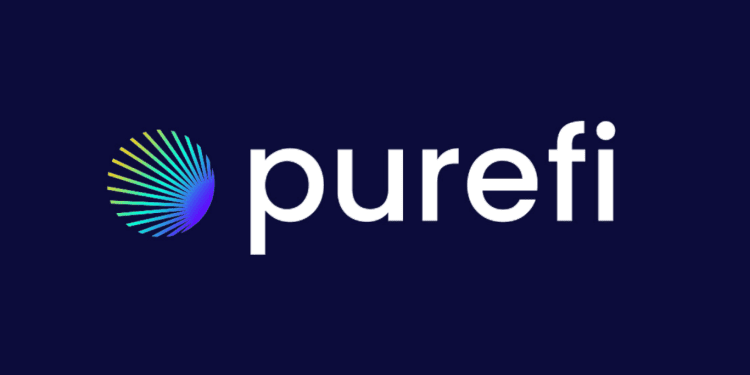- PureFi launches a new security protocol for Web 3 transactions.
- Defi recorded the most hack and data attacks in 2022
- SafeTransact will provide enough security for transactions and act as a preventive measure for back attempts and vulnerabilities.
A significant part of Web 3’s success depends on the solution to the security problems that are put up by distinct application structures.
Web 3 security companies are responsible for ensuring that blockchain-based platforms and their applications are kept secure from any cyber attack. Many of these companies offer different services, including smart contracts auditing, incident response, and security testing.
One of these companies, PureFi, a decentralized finance (DeFi) protocol known for cryptocurrency onboarding, has introduced a new method of improving the security of Web 3 transactions called SafeTransact.
Security in Web 3 relies heavily on the unique ability of blockchains to establish promises and withstand human intervention safely. However, these software-controlled networks can potentially be a hacking target for cyber criminals because of their related trait of finality and another fact of the transactions being irreversible often.
This fact implies a higher need for more levels of preventive-oriented security to be created, and the creation of SafeTransact in the global crypto-security space would help out in that aspect.
One of SafeTransact’s features is that it examines blockchain transactions and promptly notifies users of the possibility of suspicious activity and is also designed to integrate with AMLSafe, a multi-crypto wallet existing in the same ecosystem.
The system of SafeTransact considers the token’s address, the sender’s address, the spender address, and the amount spent to gauge the risk associated with the transaction.
The system also analyzes input data like from and to amount addresses in a bit to determine the risk levels involved in token transfer transactions. Then it analyzes decentralized exchange addresses, fund senders both in and out, and the amounts sent to ensure they provide a comprehensive risk assessment.
According to information obtained from Chainalysis’s recent report, the most hacks and data breaches in 2022 occurred in the DeFi space, and since the DeFi space has yet to be able to develop security measures to help users navigate the Web 3 ecosystem properly.
Many security companies have performed audits on the Web 3 space and its applications to identify the vulnerabilities and potential risks associated with it and create blockchain-specific security tools that can serve as preventive measures for such vulnerabilities and attacks that it could attract.
Conclusion
These security companies could also implement secure coding practices to prevent vulnerabilities in the Web 3 space.
Web 3 security companies are constantly updating and developing new methods to protect the Web 3 space and the transactions that go on with the challenges of blockchain-based transactions.














